ESR projects
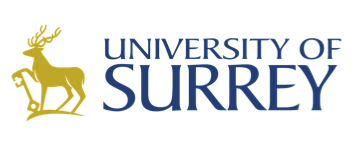

Project 1: Parent-child conversations about subject domains and occupations (UK)
ESR: Andrea Kočiš
Supervisor: Dr. Harriet Tennebaum, University of Surrey/UK
www.surrey.ac.uk/people/harriet-tenenbaum
Project abstract
Parents’ play and conversations with their children follow gender stereotypical patterns (i.e., person-oriented toys/language and art courses for girls, things-oriented toys/science courses for boys). This research project will look into gender stereotypicality of parental beliefs about academic domains and occupations through survey data, investigate how these beliefs are expressed in conversations with children, and identify communication patterns in conversations that contribute to children’s future choices. Parent-child conversations will be video-recorded and assessed with behavior coding methods as indicators of gender-(un)biased social interaction.
The project will include three research studies, covering different age groups of children, to examine ways in which parental behaviors and conversations with children shape children's perceptions and beliefs about gender roles. Moreover, the project will explore how these behaviors and conversations contribute to development of skills necessary for certain occupations, as well as affects children’s visions about their future, thus influencing educational and occupational preferences and choices starting from early childhood.
Based on the findings of this research, a workshop on how to encourage gender diversity in professional choices of young people will be developed, implemented and tested with the Raspberry Pi Foundation (non-academic partner).

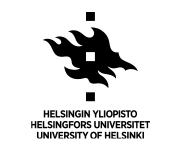
Project 2: Gendered pathways to professional life (Finland)
ESR: Kezia Olive
Supervisor: Prof. Dr. Katariina Salmela-Aro, University of Helsinki/Finland
researchportal.helsinki.fi/en/persons/katariina-salmela-aro
Project abstract
Three studies are planned to address the relationship between gender, individual task values, and STEM aspiration throughout time. Each study will utilize different datasets and analysis methods, which will provide different perspectives to the topic.
The first study, which is already ongoing, focuses on primary school students. Using a six-wave longitudinal dataset “Development of primary pupils’ science related efficacy beliefs and motivation”, this study aims to develop a growth trajectory model of students’ task values development in association to their gender and career aspiration and identify the dynamics of students’ motivational states.
The second study will develop profiles of adolescent students’ school engagement and burnout and its influence on STEM aspiration and subjective task value. Specifically, using the data collected from “Mind-the-Gap” project, adolescent students’ school engagement and burnout profiles will be analyzed for its influence on STEM aspiration and subjective task value, while also assessed for gender difference.
The last study will focus on examining the relationship between momentary subjective task values, engagement, students’ gender, and educational aspiration. This study will use the dataset of secondary school students from the “Bridging-the-Gap” project, which was collected with experience sampling method. The result of this study will highlight the relationship between micro-level processes (momentary experiences in class) and macro-level outcome (aspiration).

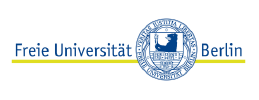
Project 3: Acting out gender identity — Self-portrayal in digital media (Germany)
ESR: Hanna Szabo
Supervisor: Prof. Dr. Carola Richter, Freie Universität Berlin/Germany
https://www.polsoz.fu-berlin.de/en/kommwiss/arbeitsstellen/internationale_kommunikation/Team/crichter/index.html
Project abstract
Over the last three decades, the Internet and later social networking sites became increasingly wide-spread in the western world, especially penetrating younger generations' social environment. Social networking sites give way to alternative ways of knowledge-gaining, self-expression and community-building. Teenagers negotiate their identities and formulate their self-expressions in this digitalised environment, where offline agents of socialisation are intertwined with the online public. Online identities and activities do not exist as a complementary secondary component of physical "real" life, but they are integrated into the daily practices and rituals of self-realisation, and shape our learning and working environments, families, friendships and romantic relationships.
The broader socio-political situation contextualises self-realisation. The socio-political environment of Hungarians in the last decade can be characterised by strengthening the neoliberal economic structure and policy-making, as well as the right-wing conservative political agenda. In terms of the gender debate, the Hungarian government is making an increasing effort to spread the importance of traditional gender roles.
The research questions are asked to explore the context that adolescents have to negotiate their gender identities in online, and to address how they perform their identities on the internet regarding gender identity. Accordingly, this PhD project intends to (1) investigate Hungary's broader political context and media environment with a particular focus on gender politics by a mixed-method approach, and (2) to uncover the gendered experiences and self-portrayal of young people on social media in this particular context through narrative interviews. The specific aim of this doctoral project is to map the complex relationship between the socio-economic context, affordances of social media platforms, and the experiences and self-portrayal practices of adolescents on digital media.

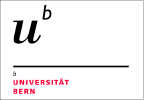
Project 4: Sexist organizational climate and gender-based harassment. Obstacles to careers in male-dominated fields (Switzerland)
ESR: Franziska Saxler
Supervisor: Prof. Dr. Sabine Sczesny, University of Bern/Switzerland
www.soz.psy.unibe.ch/about_us/personen/sczesny_sabine/index_eng.html
Project abstract
My research examines underlying mechanisms of sexual harassment and how to communicate about it in intervention programs as well as in media. Sexual harassment is defined as unwanted sex-related behaviour that is appraised by the person who experience it as offensive, exceeding their resources, or threatening their well-being (Fitzgerald et al., 1997). Such behaviour generally fits into five categories: general sexist remarks and/or behaviour, inappropriate sexual advances, solicitation of sexual activity, rewarded sexual favours, or coerced sexual activity that that includes threat of punishment or sexual assault (Till, 1980).
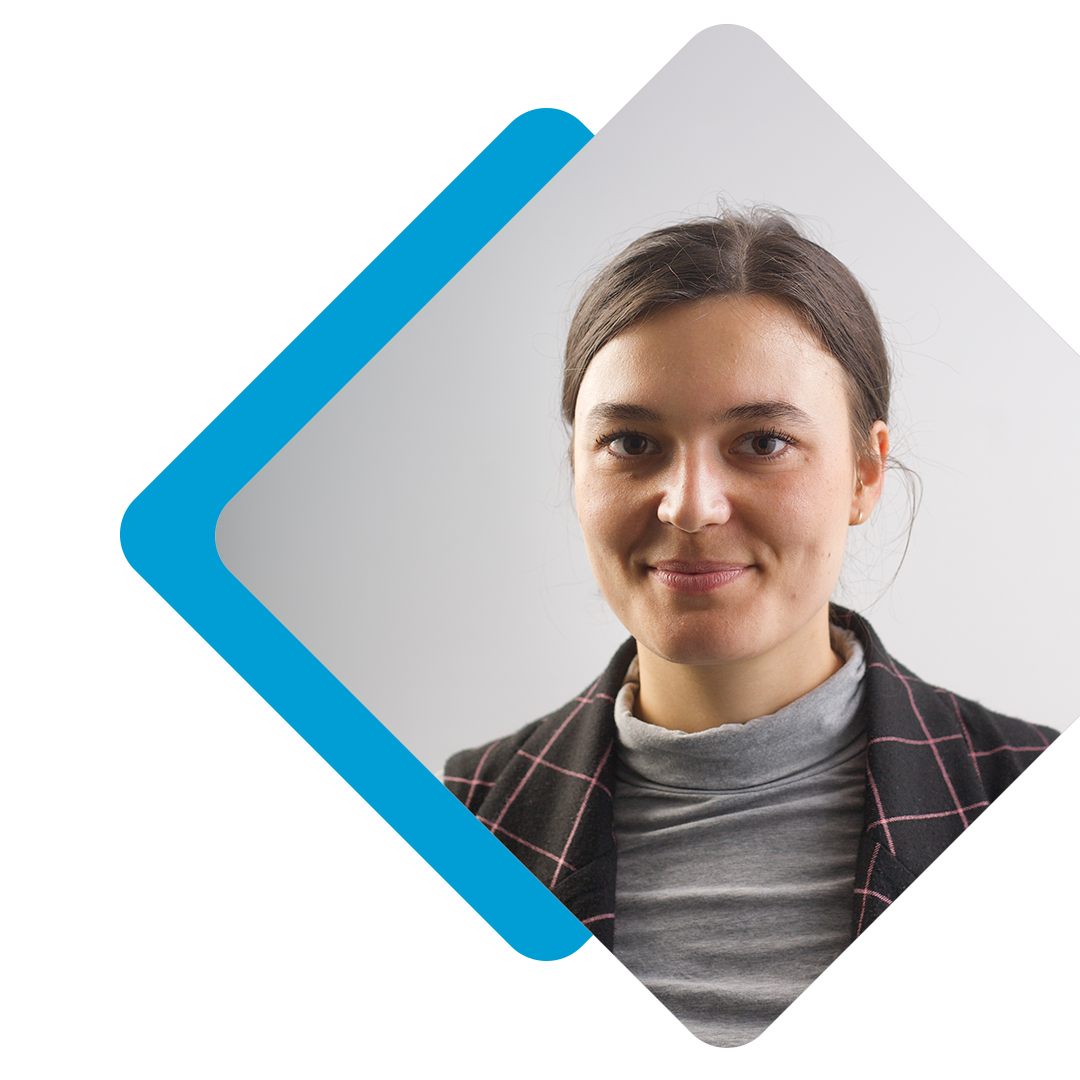

Project 5: Challenging manhood: When men strive for male-atypical professions (Czech Republic)
ESR: Serena Haines
Supervisor: Ass. Prof. Dr. Sylvie Graf, Institute of Psychology of the Czech Academy of Sciences / The Czech Republic
http://www.psu.cas.cz/en/people/cv/graf/index.html
Project abstract
Men are underrepresented in Healthcare, Elementary Education, and Domestic spheres (HEED), hindering the progress of achieving gender equality. For many men, disengagement with communal roles already begins in childhood and continues into adulthood, corresponding to gender differences in career preferences and impacting the gendered occupational choices of adults. Increasing the engagement of men with HEED requires changing perspectives of masculinity, and ways in which organisations can encourage and foster the involvement of men. Focusing on empirical research allows the development of evidence-based solutions for organisations, creating programs and strategies to effectively address gender inequality. This project focuses on integrating information on traditional masculinity, the perceptions of the incongruity between men and HEED and media portrayals of men in communal careers to create evidence based actionable solutions, such as workshops, to be implemented as part of diversity policies by organisations.

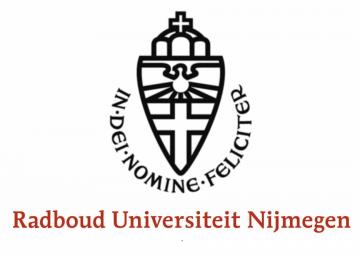
Project 6: Networking for gender equality and diversity (the Netherlands)
ESR: Tatjana Graf
Supervisor: Prof. Dr. Yvonne Benschop, Radboud University/Netherlands
www.ru.nl/english/people/benschop-y/
Project abstract
My Project within the G-Versity Program concentrates on the topic of formal and informal Diversity Networks/Networking for gender equality and diversity. Being part of Diversity Strategies that are implemented within Organizations, Diversity Networks as I understand them, are countermovement to the effects of so-called "old boys networks". Aiming for the prevention of exclusion, Diversity Networks strive for the redistribution of power by offering career support, awareness and the platform to address diverse issues.
Overall, the project’s goal is to identify differential career patterns of members & non-members of diversity networks by examining their network structures & networking practices. The focus lies on the critical questioning of hegemonic power structures within companies and analyzing the effect they have in and on established informal “old boys networks”, as well as Diversity Networks.
In regard to that the research interests that will be critically explored throughout three different studies will contain the examination of (1) Inclusionary and exclusionary situations and experiences of minorities compared to members of “male dominated Networks”, as well as the different mechanisms and requirements for participation that have impact on career opportunities. Taking in an intersectional perspectives the (2) reproduction of inequalities on multiple levels also within Diversity Network dynamics will be analyzed. Finally throughout the lenses of critical management theories, based on the concepts of normative control and cultural management, diversity networks should be (3) critically investigated on behalf of their function as normative mechanisms.

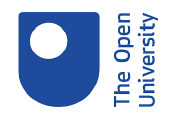
Project 7: Sexual and gender minorities on their pathways to leadership (UK)
ESR: Shannon O'Rourke
Supervisor: Prof. Dr. Peter Hegarty, The Open University/UK
www.open.ac.uk/research/people/ph8658
Project abstract
This qualitative research study will explore the workplace and leadership experiences of sexual minority (LGBQ+) individuals in the UK and Italy. Initially, this project aimed to investigate the experiences of LGBTQ individuals in the workplace; upon review of relevant literature around the different impacts of sexual orientation versus gender identity, it was determined that the research would focus on sexual orientation. I felt that this was a more realistic scope, and the decision was supported by both supervisors. This project will investigate the relationship between personal journeys with sexual orientation and professional lives, looking at issues such as identity management and expectations in the workplace. A phenomenological approach will aim to produce research findings that are centered around rich descriptions of lived experience. A focus on the embodied experience of being LGBQ+ in the workplace will explore how sexual orientation may or may not be communicated via vocal, visual, or other forms of physical cues. There will be an inquiry towards self-presentation, as well as notions of professionalism and the impact on individual and collective expressions of identity. To highlight the complexity and diversity of LGBQ+ experiences, this project will seek to understand how other identities/circumstances (age, race, religion, class, geographic location) intersect with sexual orientation and shape lived experience.
In addition to exploring individual experience, this research will examine the role of LGBQ+ leaders/employees in creating a culture of openness, inclusion, and diversity in a workplace/organization and explore how leaders experience these expectations.


Project 8: What's on TV? The role of gender and social status in media representation (Germany)
ESR: Ana-Nzinga Weiss
Supervisor: Prof. Dr. Margreth Lünenborg, Freie Universität Berlin/Germany
https://www.polsoz.fu-berlin.de/en/kommwiss/arbeitsstellen/journalistik/Team/mluenenborg/index.html
Project abstract
Journalism is a “significant resource of societal meaning” (Lünenborg, 2016, p. 328; see also Godler et al., 2020, p. 214). Regarding its high impact on prevalent societal knowledge, Golder et al. (2020) propose social epistemology as a new paradigm for discussing journalistic knowledge (p. 214). A social epistemological research paradigm can highlight the ways in which journalism enables or refuses participation by focusing on epistemological standards and corresponding inequalities like epistemic injustice in journalistic knowledge production. The proposed dissertation will analyze the discursive knowledge production about racism in German journalism. Regarding the strong entanglement of racism and gender (e.g. Dietze, 2016, p. 4; hooks, 2000, p. 161; Dhawan & Castro Varela, 2020, p. 307) and to see how marginalized groups are included in these discussions, the research focus lies on how ‘race’ and gender influence the participation in the journalistic discourse about racism. The research question of the proposed dissertation is formulated as follows:
How do ‘race’ and gender influence the discursive construction of knowledge about racism in audiovisual journalistic contributions by German public broadcasters?


Project 9: Being well prepared — A gender-related career setback training (Finland)
ESR: Yirou Fang
Supervisor: Prof. Dr. Katariina Salmela-Aro, University of Helsinki/Finland
researchportal.helsinki.fi/en/persons/katariina-salmela-aro
Project abstract
The underrepresentation of women and gender minority in many male-dominant fields, especially STEMs, has long been a problem occurring globally (U.S. Department of Education, NCES 2014). Even after entering those fields, females are less likely to preserve and more likely to opt out. Importantly, studies indicated that most women left STEM disciplines due to negative workplace climate but not limitation of professional capabilities (e.g. Cheryan, Ziegler, Montoya, & Jiang, 2017). Meanwhile, low perceived belongingness, harassment, compensation inequality, work-home conflict, and many other factors contributed to the negative workplace climate (Gruber et al., 2020; Cardador & Hill, 2018).
Workplace and organizations are majorly responsible for stress experienced by adults (DeFrank & Cooper, 1987). Also, negative workplace climate directly influences one’s wellbeing such as causing burnout (Gagne & Deci, 2005). Work-related stress (work burnout) has a significant role in turnover (American Psychological Association, 2009). However, studies also indicate that different factors contribute to better wellbeing: personality traits such as grit help with burnout at high school (Tang, Upadyaya & Salmela-Aro, 2021); personality trait such as mindfulness and managerial climate such as autonomy-supportive environment help with work burnout (Gagne & Deci, 2005; Patricia, Richard, Christopher, Nicole & Groffrey, 2014). Yet, study on the gendered work burnout experience has been scant. Hence, the question of how people of different genders experience and cope with work burnout becomes crucial in exploring gendered pathways conductive to workplace wellbeing.
Thus, the aims of this project are to identify factors that help people to cope with or overcome psychological setbacks (work burnout) and to develop and validate a diversity training if possible. In the first part of the study, I will investigate the relationship between young adults’ gender, psychological wellbeing (e.g., high level of work burnout), and career aspiration using the FinEdu (2003-ongoing) dataset. Then, I will investigate gendered factors associated with the burnout experience (e.g., personal traits, engagement, motivation factors) by developing a questionnaire. Lastly, I will corporate with Finnish Aviation Academy to investigate existed systemic problems that are causing the lack of female pilots/ pilot applicants (survey or interview with current female pilot). If possible, I will work with experts and people from the institution to develop an intervention for more female pilot applicant by preparing young candidates with better understanding of their choices and coping skills needed for later possible setbacks.


Project 10: Language and images — Social inclusion through subtle cues in organisational communication (Italy)
ESR: Mary Ann Ciosk
Supervisor: Prof. Dr. Andrea Carnaghi, University of Trieste/Italy
dsv.units.it/en/research/researchareas/researchgroups/16954
Project abstract
In a hiring procedure, candidates are often requested to mention their demographics, and in certain cases, the order of information is presented in a fixed format, e.g., LinkedIn, standardized application forms. These demographics, which are also referred to as social category labels, are used as a basis for impression formation of the candidate by the selection committee members. We will analyze how perceivers form an impression of an individual given a social category label and whether and how this impression is updated when an additional social category label is provided. We will further analyze whether/how the order of presentation of these intersectional social category labels affects the impression formation process. To achieve this aim, we will rely on binary gender labels (i.e., man and woman) and binary race labels (i.e., Black and White). Previous social cognition literature has defined particular category memberships as “normal” or “default values”, based on general population perception (Zarate & Smith, 1990). For instance, in American culture, being Black and being female are both viewed as less normative than being White and being male (Stroessner, 1996). Based on this evidence, we suggest that the second social category presented may be either redundant or unexpected, resulting in either no change in impression in the case of redundancy, a boosting of the default implied by the first category membership, or an update of the overall impression in the case of an unexpected (second) social category. Predictions concerning the category redundancy, boosting, and updating will be derived from different models accounting for intersectional stereotyping (e.g., non-normative model, stereotypeoverlapping model, intersectional non-prototypicality model). Additionally, we suggest that order effect (i.e., primacy) will be particularly evident when redundancy occurs between category labels, and this effect will be attenuated when updating occurs. The study will be pre-registered on OSF, ethical approval will be obtained prior to conducting the experiment, and data will be collected online.
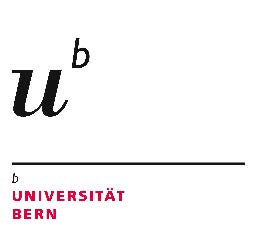

Project 11: Making a good case for gender diversity — Pathbreaking organisational communication (Switzerland)
ESR: Vladislav Krivoshchekov
Supervisor: Prof. Dr. Sabine Sczesny, University of Bern/Switzerland
www.soz.psy.unibe.ch/about_us/personen/sczesny_sabine/index_eng.html
Project abstract
My project is dedicated to determining which aspects in organisational communication function as persuasive messages influencing potential candidates’ attitudes toward organization and choices to apply for a job. I conducted a literature review to determine the state-of-the-art knowledge about diversity communication, about gender diversity in particular to identify social psychological factors in organisational communication that can affect external recipients’ attitudes and professional choices. I have developed my first study on “Emotionality in diversity statements on the websites of European companies”. This study has been being preregistered and data collection is starting. Currently I am also further developing my research project by identifying more specific research areas that I would like to investigate during my project.


Project 12: Implementing gender diversity interventions effectively (Sweden)
ESR: Sofia Elena Bracco
Supervisor: Ass. Prof. Dr. Marie Gustafsson Sendén, University of Stockholm, Sweden
https://www.su.se/english/profiles/magu8259-1.185099
Project abstract
While research in TGNSs experiences in general and at the job market are growing, and researchers are starting to investigate it, the current state of the art is far from exhaustive. In the personnel selection process, two p actors: the recruiter and the applicant. The recruiters, most often cisgender people with limited knowledge about TGNC issues, might hold negative stereotypes about TGNC people; TGNC people, on the other hand, might be hesitant to apply for certain positions, industries and/or organizations because of a perceived lack of fit and fear of discrimination. The goal is to provide guidelines on how to increase TGNC people’s inclusion in the workplace.
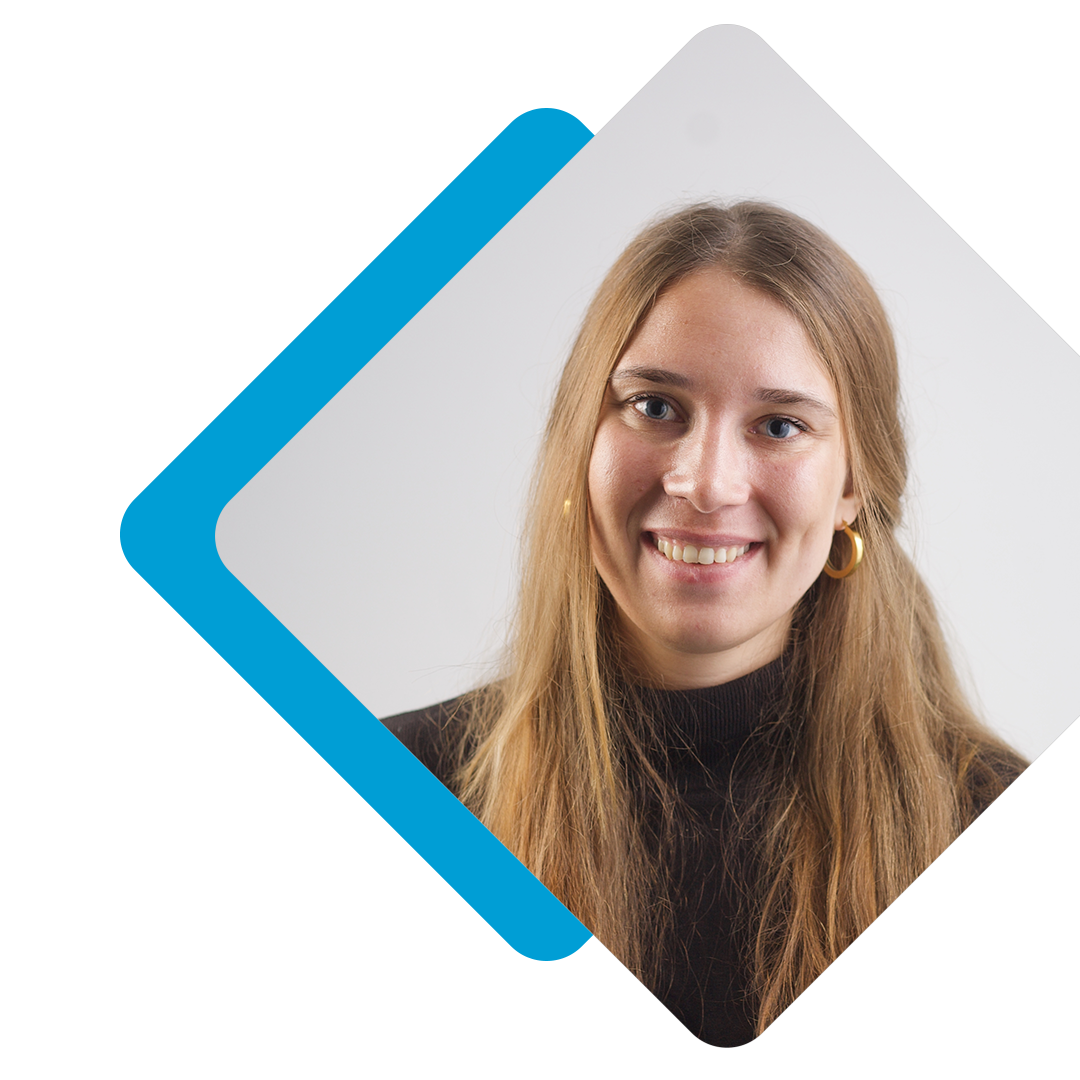

Project 13: Benchmarking current diversity management strategies (Switzerland)
ESR: Clara Plückelmann
Supervisors:
Ass. Prof. Dr. Marie Gustafsson Sendén, University of Stockholm, Sweden
https://www.su.se/english/profiles/magu8259-1.185099
Project abstract
Many companies pledge their commitment to diversity and gender equality, to achieve this they use a number of different diversity strategies such as flexible working arrangements, leadership accountability etc. The aim of my project is to systematically benchmark and evaluate existing diversity management strategies with regards to improving outcomes identified in literature, by employing scientific approaches, methods, and findings and formulate guidelines for practitioners based on the findings.


Project 14: Bias circumvention — A scientific evaluation of gender diversity training (The Netherlands)
ESR: Rasika Mahajan
Supervisor: Prof. Dr. Yvonne Benschop, Radboud University/Netherlands
www.ru.nl/english/people/benschop-y/
Project abstract
Diversity trainings are some of the most common interventions used at organisations to promote social inclusion. As a part of my project, titled, ‘Bias Circumvention: A scientific evaluation of gender diversity training’ I will focus on evaluating gender diversity trainings and designing a prototype of an effective gender diversity training.
For the purpose of this project, three studies will be conducted- 1) - Analysing implicit gender bias training through postcolonial feminist lens. This study will help generate knowledge about implicit gender bias training for gender diversity from a postcolonial feminist lens and will help set up the assessment criteria for gender diversity trainings which will further contribute towards studies 2 & 3, 2) Assessing bias circumvention outcomes of three gender diversity trainings. The results of this study will aid in determining the parameters of effective gender diversity interventions through comparison of the various gender diversity training methods and 3) Conceptualisation of postcolonial feminist gender diversity training prototype. With the criteria for gender diversity training obtained from study #1 and parameters for gender diversity training obtained from study #2, study #3 will be aimed at conceptualising intersectionally-sound, postcolonial feminist gender diversity training prototype.


Project 15: Train the sponsor — Implementation of a new mentoring training (Switzerland)
ESR: Federica Case
Supervisors:
Dr. Harriet Tennebaum, University of Surrey/UK
www.surrey.ac.uk/people/harriet-tenenbaum
Project abstract
Mentoring relationships play a significant role in fostering career opportunities for women and men and sexual and gender minorities (SGM) in the workplace. The outcomes of mentoring are influenced by specific features of these relationships as well as perceptions and expectations of mentors and mentees.
This project investigates the underlying psychological processes of mentoring relationships, to define the key factors that help cultivate and promote a diversified workforce, and to provide effective guidelines applicable in working contexts.
